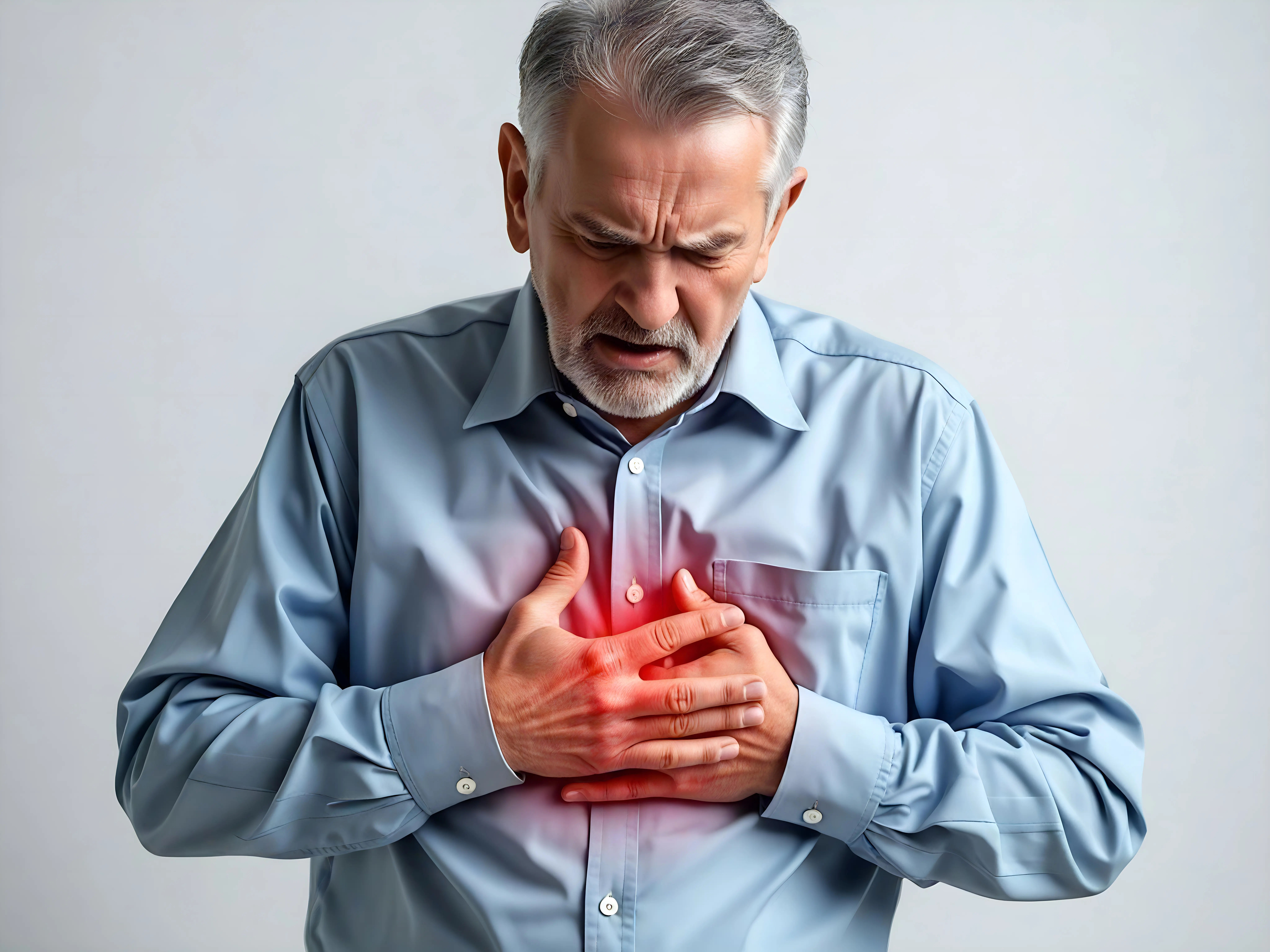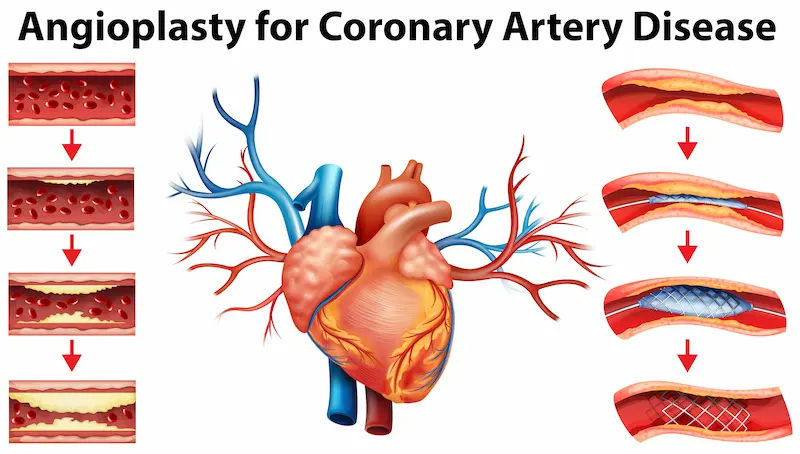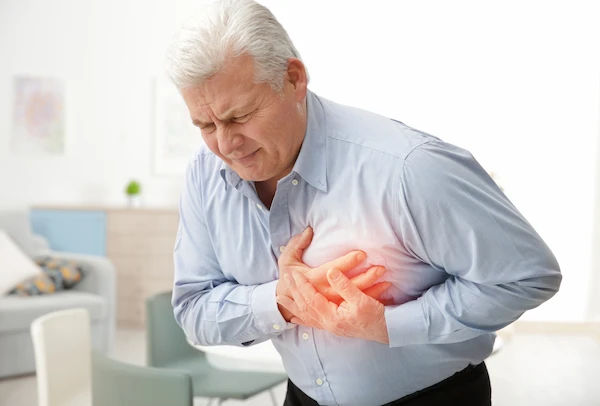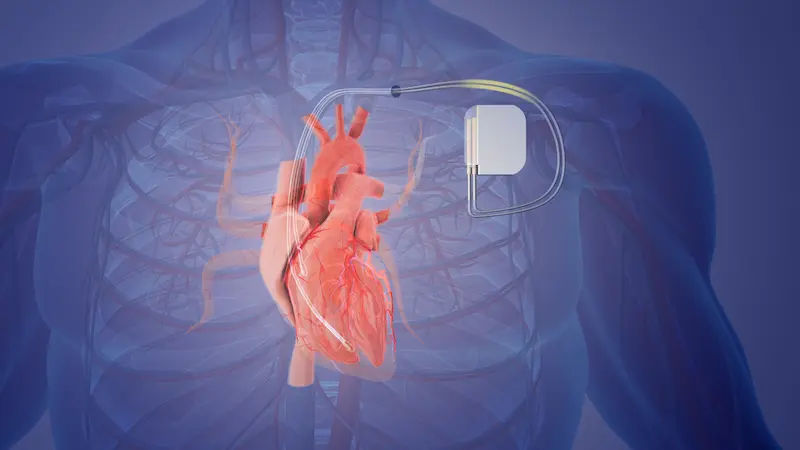- male
- 50 Years
- 07/02/2025
I've been having this pain on the left side of my chest and it's also in the inside part of my left shoulder, going to the back as well. It's weird because it's not the whole chest, just specific points. Sometimes the pain even jumps to my right side for a few seconds. I've been keeping an eye on my blood pressure and it's been 80120. Should I be worried about this or is it something that will pass on its own?
Answered by 1 Apollo Doctors
Based on your description of chest pain localized to specific points and radiating to the back, it is important to rule out any cardiac issues. However, given your age and blood pressure reading, it is less likely to be related to the heart. This type of pain could be musculoskeletal in nature, such as muscle strain or inflammation. I recommend taking over-the-counter pain relief medication such as Acetaminophen 500mg as needed for pain relief. Additionally, applying a warm compress to the affected areas and practicing gentle stretching exercises may help alleviate the discomfort. If the pain persists or worsens, it is advisable to consult a healthcare professional for further evaluation and management.
Dr. Anshul Suggests...
Consult a Cardiologist
Answered 04/07/2025
0
0

More Cardiology Health Queries
View allI'm a 40-year-old guy and I've been taking tablets since 2015. Originally, I was on Stamlo 5, but recently my blood pressure was consistently high around 140110 to 140100, even with the Stamlo 5. The doctor switched my medication to Envas 10 and Hydrazide 12.5, and now my blood pressure is under control. I'm just a bit worried about any side effects these might have. Could you give me some advice?
Envas 10 is a brand name for Enalapril, which is an ACE inhibitor that helps relax blood vessels to lower blood pressure. Hydrazide 12.5 is a combination medication containing Hydrochlorothiazide, which is a diuretic that helps your body get rid of extra salt and water to lower blood pressure. Some common side effects of Enalapril include dizziness, cough, and high potassium levels. Hydrochlorothiazide can cause dizziness, dehydration, and electrolyte imbalances. It's important to monitor for any side effects and report them to your doctor. Make sure to follow up with your healthcare provider regularly to monitor your blood pressure and adjust your medication as needed.
Answered by 1 Apollo Doctors
What is normal blood pressure by age?
In earlier times, Blood pressure was defined according to age. With all the new research data, Hypertension is defined only by increase in numbers in blood pressure which applies similarly for all adults above 18 years of age. Normal blood pressure is a reading less than 120/80 mm Hg. Any reading above 120/80 mm Hg checked consequently for three days needs a doctor's opinion.
Answered by 1 Apollo Doctors
I'm experiencing some mild chest pain around my ribs, both on the right side and the far left side of my chest. It's a bit worrying because when I walk for about 10 minutes, I start feeling really fatigued even though my oxygen level seems to be fine at 99. Should I be concerned about this?
do chest x ray
Answered by 1 Apollo Doctors
Disclaimer: Answers on Apollo 247 are not intended to replace your doctor advice. Always seek help of a professional doctor in case of an medical emergency or ailment.





